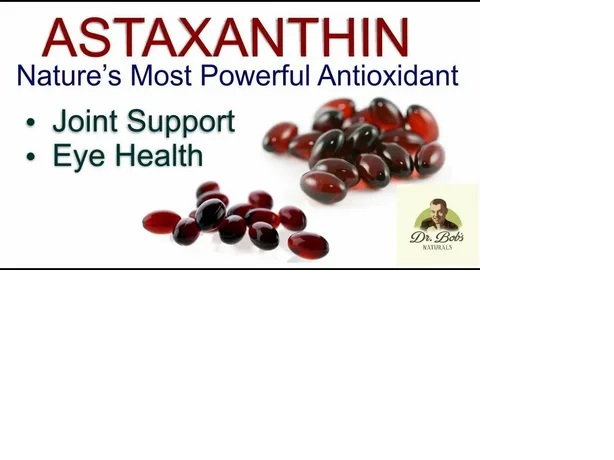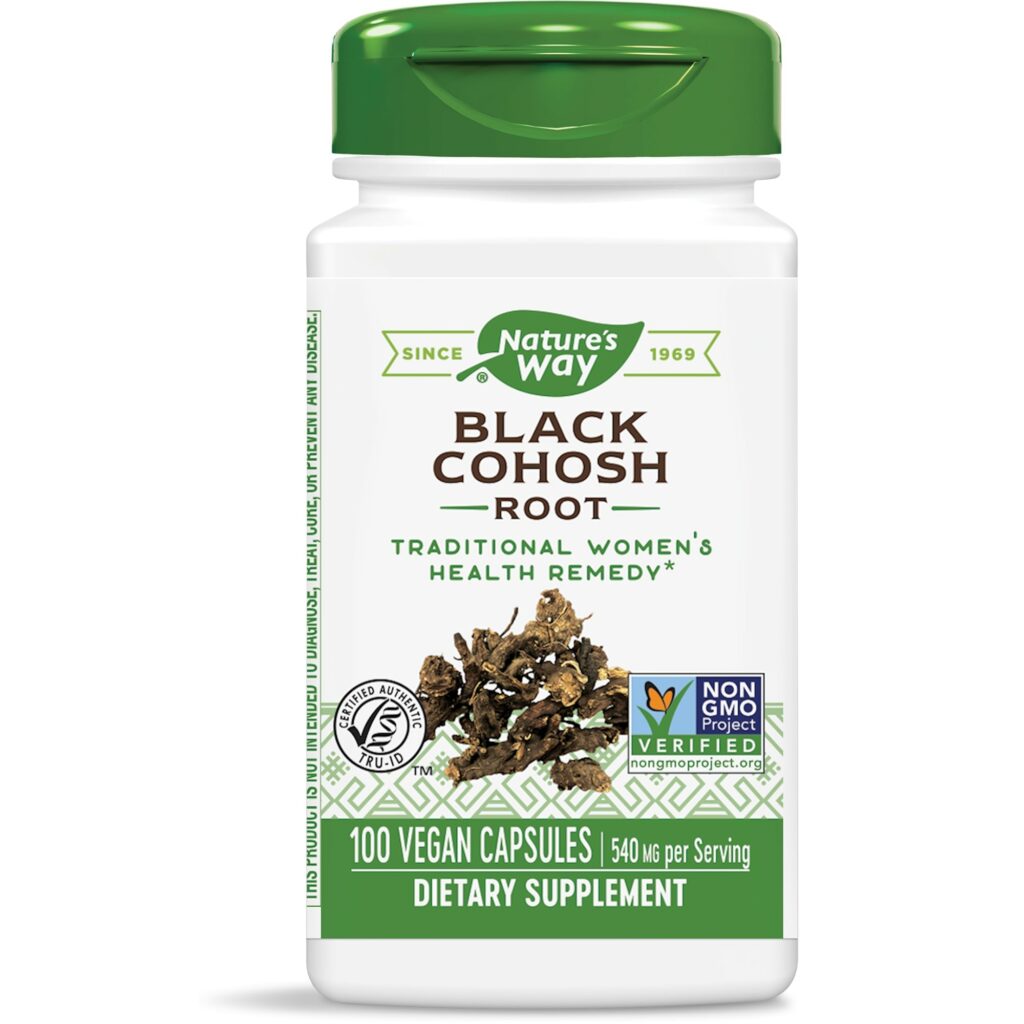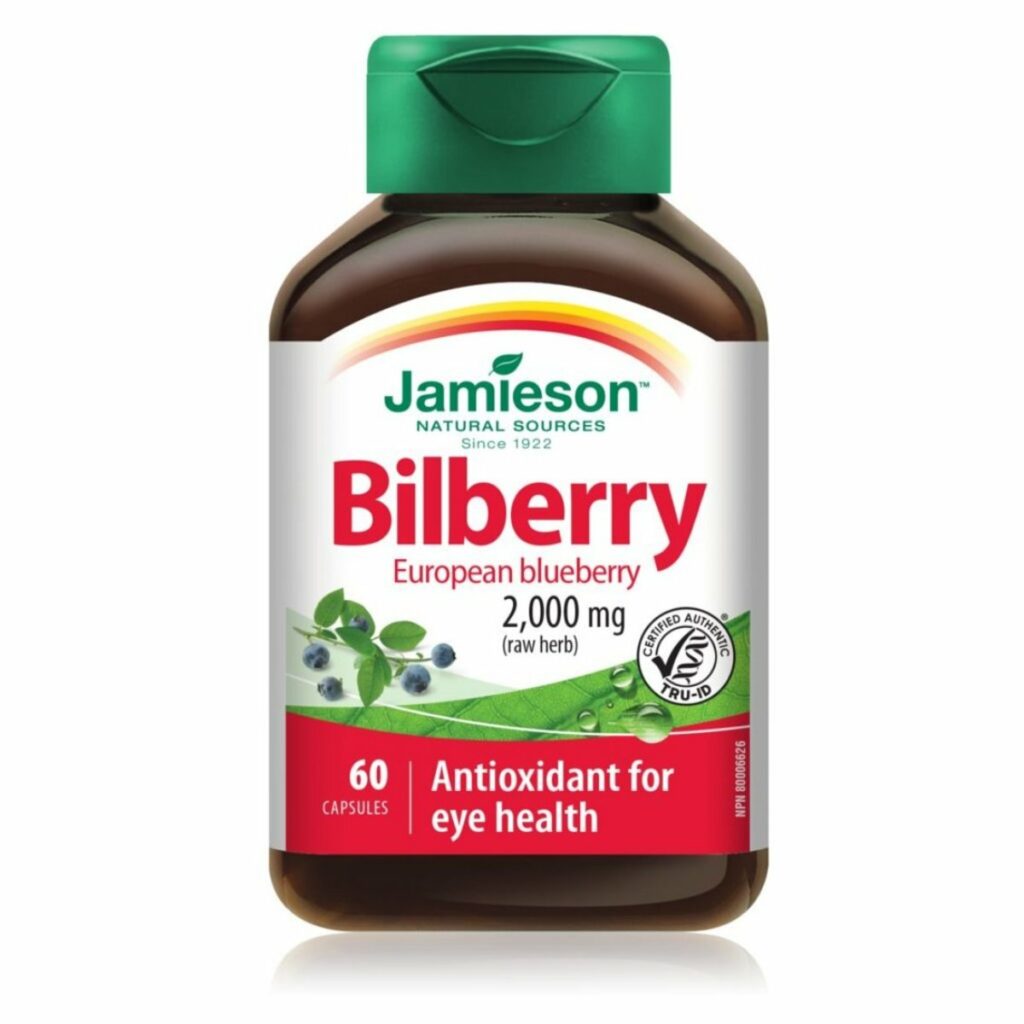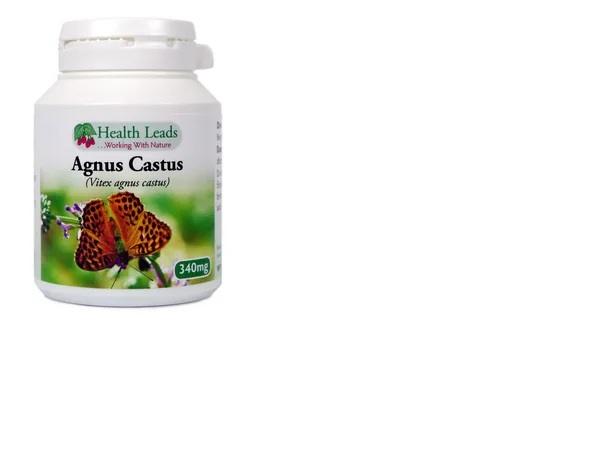Astaxanthin, a powerful antioxidant and member of the carotenoid family, has garnered significant attention in recent years for its numerous health benefits and potential therapeutic properties. Found naturally in certain microalgae, seafood, and crustaceans, astaxanthin is known for its vibrant red color and remarkable ability to scavenge free radicals, protect cells from oxidative damage, and support overall health and well-being. In this comprehensive guide, we’ll delve into the science behind astaxanthin supplements, explore their diverse range of health benefits, dosage recommendations, and safety considerations, empowering you to harness the potential of this extraordinary nutrient for optimal health.
Understanding Astaxanthin:
Origins and Natural Sources:
Astaxanthin is a naturally occurring pigment that belongs to the xanthophyll family of carotenoids. It is responsible for the vibrant red color observed in certain marine organisms, such as salmon, shrimp, lobster, and krill. Astaxanthin is synthesized by microalgae and accumulates in the tissues of marine animals through the food chain, providing protection against oxidative stress and ultraviolet (UV) radiation.
Antioxidant Properties:
Astaxanthin is renowned for its potent antioxidant properties, which stem from its unique molecular structure and ability to quench free radicals and reactive oxygen species (ROS). Unlike other antioxidants, astaxanthin spans the cell membrane bilayer, allowing it to neutralize both water-soluble and lipid-soluble oxidative species and protect cellular structures from oxidative damage.
Health Benefits of Astaxanthin Supplements:
Powerful Antioxidant Activity
Astaxanthin is one of the most potent antioxidants known to science, boasting significantly higher antioxidant activity than other carotenoids like beta-carotene, lutein, and zeaxanthin. Its ability to neutralize free radicals and combat oxidative stress makes it a valuable ally in protecting cells, tissues, and organs from damage caused by environmental toxins, pollutants, and UV radiation.
Skin Health and UV Protection
Astaxanthin has been studied for its potential benefits in supporting skin health and protecting against UV-induced skin damage. Research suggests that astaxanthin supplements may help reduce the signs of aging, including wrinkles, fine lines, and age spots, while also improving skin elasticity, moisture retention, and overall appearance.
Eye Health and Vision Support
Astaxanthin’s unique molecular structure allows it to cross the blood-retinal barrier and accumulate in the retina and macula, where it may help protect against age-related macular degeneration (AMD) and other eye conditions. Studies suggest that astaxanthin supplements may support visual acuity, contrast sensitivity, and glare recovery, promoting overall eye health and vision.
Cardiovascular Health
Research indicates that astaxanthin may have beneficial effects on cardiovascular health by reducing inflammation, improving lipid profiles, and enhancing blood flow. Astaxanthin’s antioxidant and anti-inflammatory properties may help protect against atherosclerosis, lower blood pressure, and reduce the risk of cardiovascular events such as heart attack and stroke.
Exercise Performance and Recovery
Astaxanthin has been studied for its potential to improve exercise performance, endurance, and recovery by reducing oxidative stress, inflammation, and muscle damage. Athletes and active individuals may benefit from astaxanthin supplementation, experiencing enhanced stamina, faster recovery times, and reduced muscle soreness after intense workouts or physical activity.
Dosage Recommendations
Standardized Extracts
Astaxanthin supplements are available in various forms, including softgels, capsules, and liquid extracts. Dosage recommendations for astaxanthin typically range from 4 to 12 milligrams per day, although higher doses may be used for specific health conditions or therapeutic purposes. It’s essential to choose high-quality supplements from reputable manufacturers and follow the recommended dosage instructions provided on the product label.
Safety Considerations
Generally Recognized as Safe
Astaxanthin supplements are generally considered safe for most individuals when taken at recommended doses. However, some individuals may experience mild side effects, such as gastrointestinal upset, headache, or skin discoloration, particularly at higher doses. It’s essential to start with a low dose and gradually increase as tolerated to minimize the risk of adverse effects.
Pregnancy and Breastfeeding
While astaxanthin is generally regarded as safe for most adults, pregnant and breastfeeding women should exercise caution and consult with a healthcare professional before using astaxanthin supplements. Limited research is available on the safety of astaxanthin during pregnancy and lactation, so it’s best to err on the side of caution.
Drug Interactions
Astaxanthin supplements may interact with certain medications, including blood thinners, immunosuppressants, and medications metabolized by the liver. If you’re taking prescription medications, it’s essential to consult with your healthcare provider before starting astaxanthin supplements to avoid potential interactions.
Conclusion:
Astaxanthin supplements offer a wealth of potential health benefits, ranging
- Sip and Savor: My Fun Review of Mushroom Drinks from House of Shrooms - July 30, 2024
- Benefits of Black Cohosh Supplements - March 29, 2024
- Benefits of Bilberry Supplements - March 29, 2024




